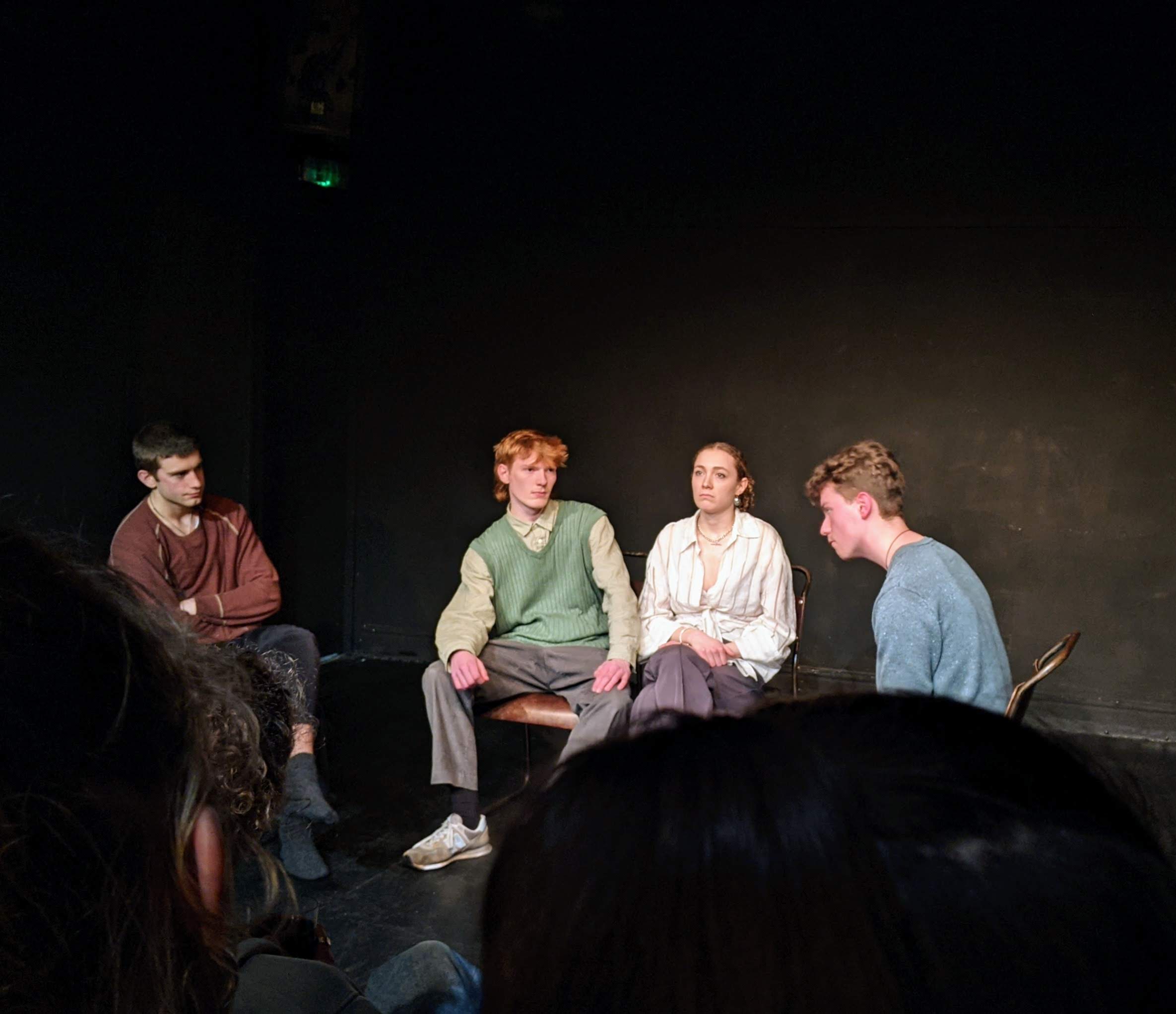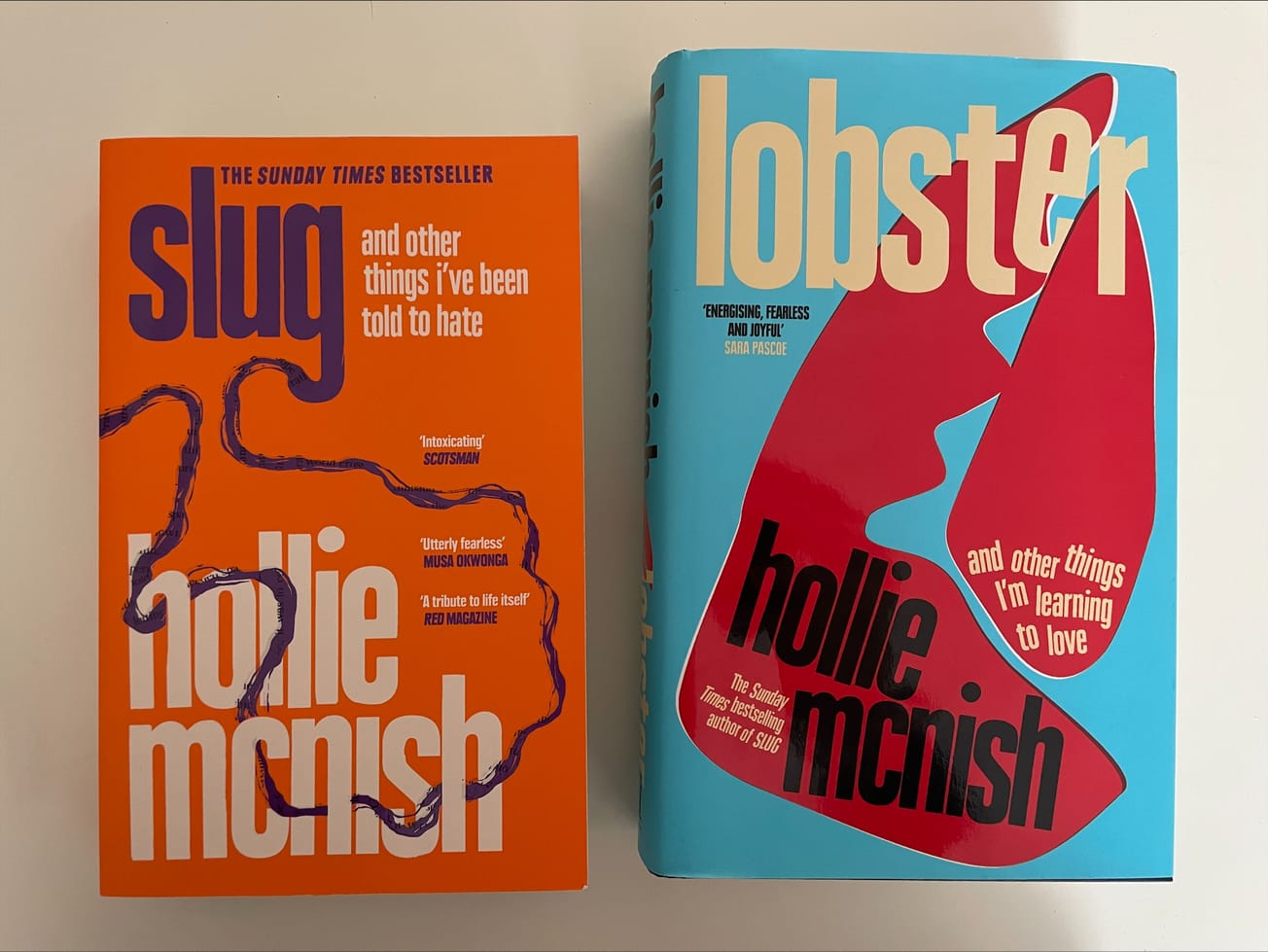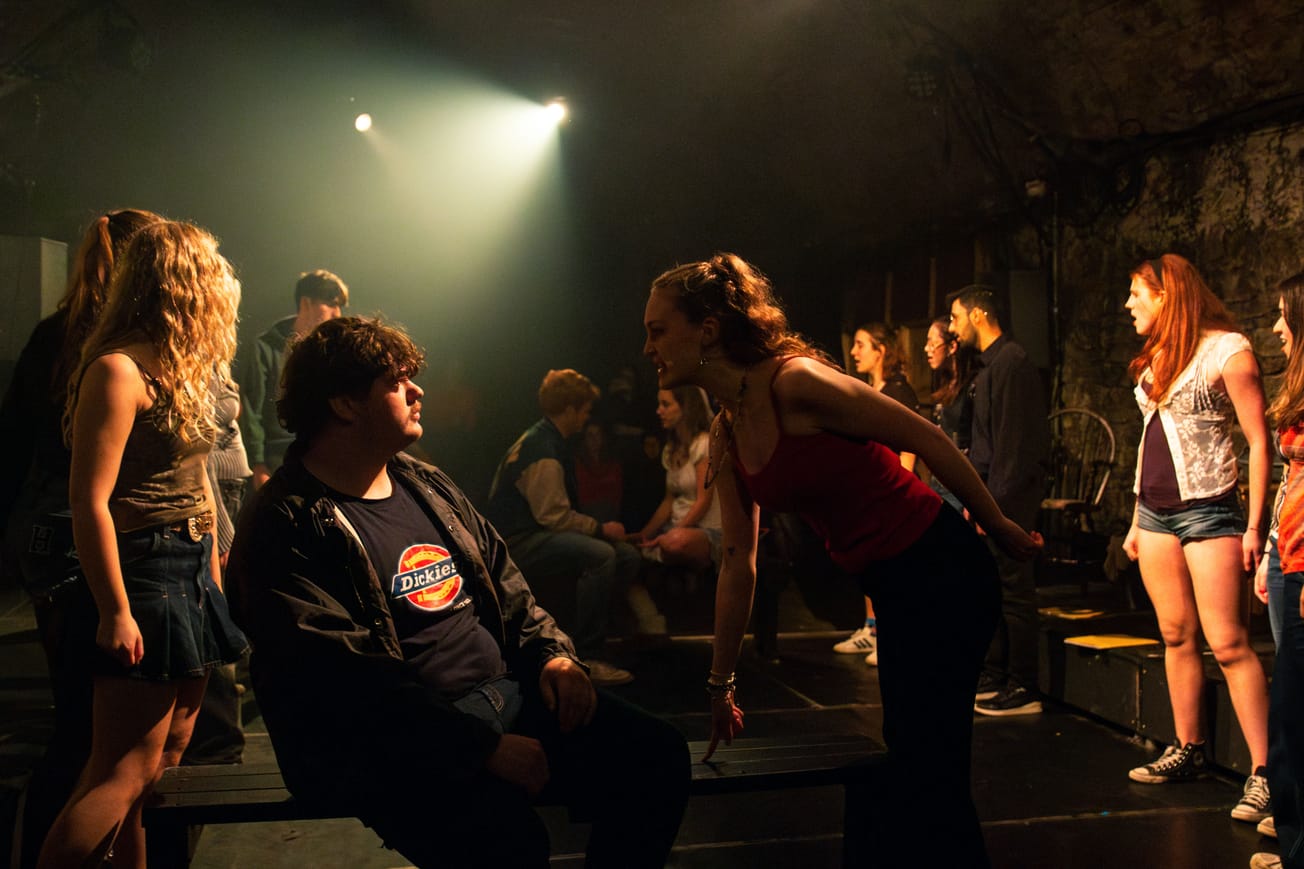By Sayoni Ghosh, MA English Literature
The Worms Theatre Company brings you a generational satire like no other.
As an international student of colour and from a different cultural background, I stepped into the small, packed theatre not expecting that I would relate much with the characters. But, I ended up resonating with Teddy Monroe’s urban, bougie British youngsters far more than I would care to admit. This is the first play I have watched in Bristol and by far the best thing I have seen this year.
The Last Vagabonds sheds light on the emotional turmoil of Bill, as he navigates young adulthood surrounded by incessant reminders of taking responsibility for his career, education and personal accountability from his parents.

Bill is a thoughtful, self-aware and sentimental guy whose true colours emerge after a bizarre encounter with Hope, a climate activist, who captures Bill’s attention with her charming and determined persona. His internal voice, a source of much of the comedy of the play, cannot hide the physical attraction he feels for Hope.
Hope represents the hundreds of thousands of driven individuals who politically fight against the biggest calamity looming over humanity since the twentieth century: climate change. Her spirit of fighting the issue head-on using unethical means simply highlights the fact that the youth want to be empowered enough to make impactful decisions and catalyse change, because they have no formal institutional power to make their goals a reality.
Throughout The Last Vagabonds, the sarcastic conversations Bill has with his parents have undertones of desperation. At first glance, it simply seems like the result of a generation gap, with the occasional humorous stereotype of parents misunderstanding their children at face value. But as we dive more deeply into the family dynamic, we realise that they have become too comfortable clashing their egos with the people they love most.

Bill’s complacency does not stem from selfishness or avolition, but it is an aftermath of deep-rooted emotional trauma and years of unresolved familial conflicts.
Bill decides to join Hope’s movement, not necessarily from sharing a common ideology, but from his attraction towards her. What begins as a desirable interest in Hope, leads to something churning inside Bill when he rebels against his own father’s fossil fuel company with the activist group.
This final cry for help, to be heard and understood, ends with Bill re-evaluating his future in a career in economics and pursuing a non-traditional path, an escape from the constant emotional fatigue we see in him.

Ironically it is not Bill’s inner voice which is revelatory of his character to the audience, but his hard-hitting responses to testing confrontations. We see him re-evaluate his decisions and build up the courage to be honest with his parents. We know he empathises with his mother’s obsessive consumerism; we know he is aware of the approaching quarter-life crisis that
makes him mentally burnt out, and yet we accept his uncertain sense of what the future might hold.
The play is not close-ended and leaves no scope for resolution, but that is what contributes to its intensity. It reinforces the reality that is surrounded by expectations and contaminated morals; a rat race to prove Bill’s worth as a son against the evident self-destruction that the monolithic and capitalist society is heading towards. Bill takes the wise decision to slow down and hold on to his small support system (in his friend, Rob) as the commentary on hustle culture fades in the background.
The hard work and talent of the actors, writer and director resulted in everyone in the audience roaring with laughter and hiding their tears. I truly appreciate the efforts of everyone involved in this project, which felt very real, and not cliché, even whilst exploring serious themes.
This coming-of-age and The Breakfast Club-esque play deserves a solid five out of five stars for its flawless satirical treatment.
Featured Image: Courtesy of Worms Theatre
What were your thoughts on Worms Theatre's The Last Vagabonds?









